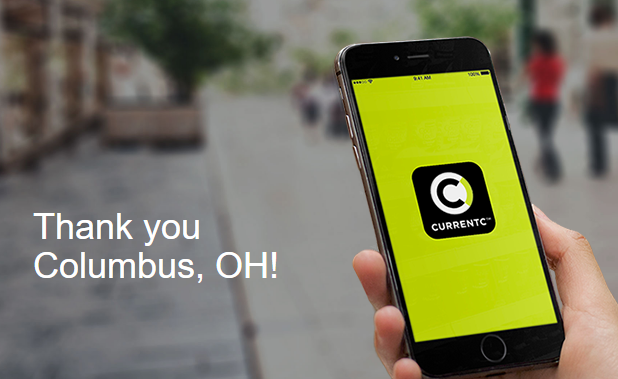
Shortly after Apple Pay launched in 2014, people began noticing that drug store chain Rite-Aid was pulling support for Apple Pay and Android Pay (then Google Wallet) at its cash registers. Although it was done without any fanfare, the reason for the pivot was that Rite-Aid was a member of the Merchant Customer Exchange (MCX), a consortium of retailers that included Walmart, BestBuy, and CVS, among others. MCX wanted the retailers and their customers to use its own payments app called CurrentC.
Now two years later, CurrentC is shutting down. The company wrote on its website that all user accounts would be deactivated June 28.
CurrentC had actually been in development since 2011, conceived as a way to break big retailers from the shackles of having to pay credit card companies interchange fees every time customers charged their bill to a card. As it was originally conceived, customers would link their checking and debit accounts directly to the app. When a user got to the cash register, the cashier would scan a QR code from the customer’s phone provided by the CurrentC app to authorize the payment.
The problem was getting customers to want this scheme. Without a real value proposition for the customer besides the potential for some loyalty points, CurrentC only lined the pockets of the big box retailers in town. The app also became the subject of ridicule when MCX members pulled mobile contactless payment platforms like Apple Pay and Google Wallet from their stores. It looked like retailers were hobbling consumer choice to prop up their unpopular app that had been three years in the making and still wasn’t even ready yet.
To make matters worse, in late 2014, people who had signed up to get updates on CurrentC’s supposed impending launch had their e-mail addresses swiped by hackers—not good press for an app that wanted customers to trust it with their payment information. MCX assured the public that the app itself was not compromised and promised CurrentC would go live in 2015.
But the app suffered myriad delays, and slowly retailers like Best Buy began reactivating the hardware to accept Apple Pay, Android Pay, and Samsung Pay. Walmart even introduced its own pay app, imaginatively named Walmart Pay. In May, CurrentC announced another delay and said it was going to lay off half its team.
Still, a beta test in Columbus, Ohio, was underway this month before MCX sent e-mails to its testers saying that their accounts would be deleted by the end of June. “We will be concluding our beta test and postponing further releases of CurrentC on June 28, 2016,” MCX’s e-mail to beta testers says. “Therefore, June 28 will be the last day that transactions will be accepted using CurrentC.”
Still, MCX isn’t declaring an outright truce yet. In an FAQ section on CurrentC’s website, the company says, “We have not yet determined the future timing of CurrentC, but we will keep you posted.” There are hints that the consortium might take the information they’ve gleaned from CurrentC and try to parlay it into a new product. As The Consumerist writes, “In mid-May, MCX announced that it would concentrate more heavily in the immediate term on other aspects of its business including working with financial institutions, like Chase, to enable and scale mobile payment solutions.”
reader comments
144